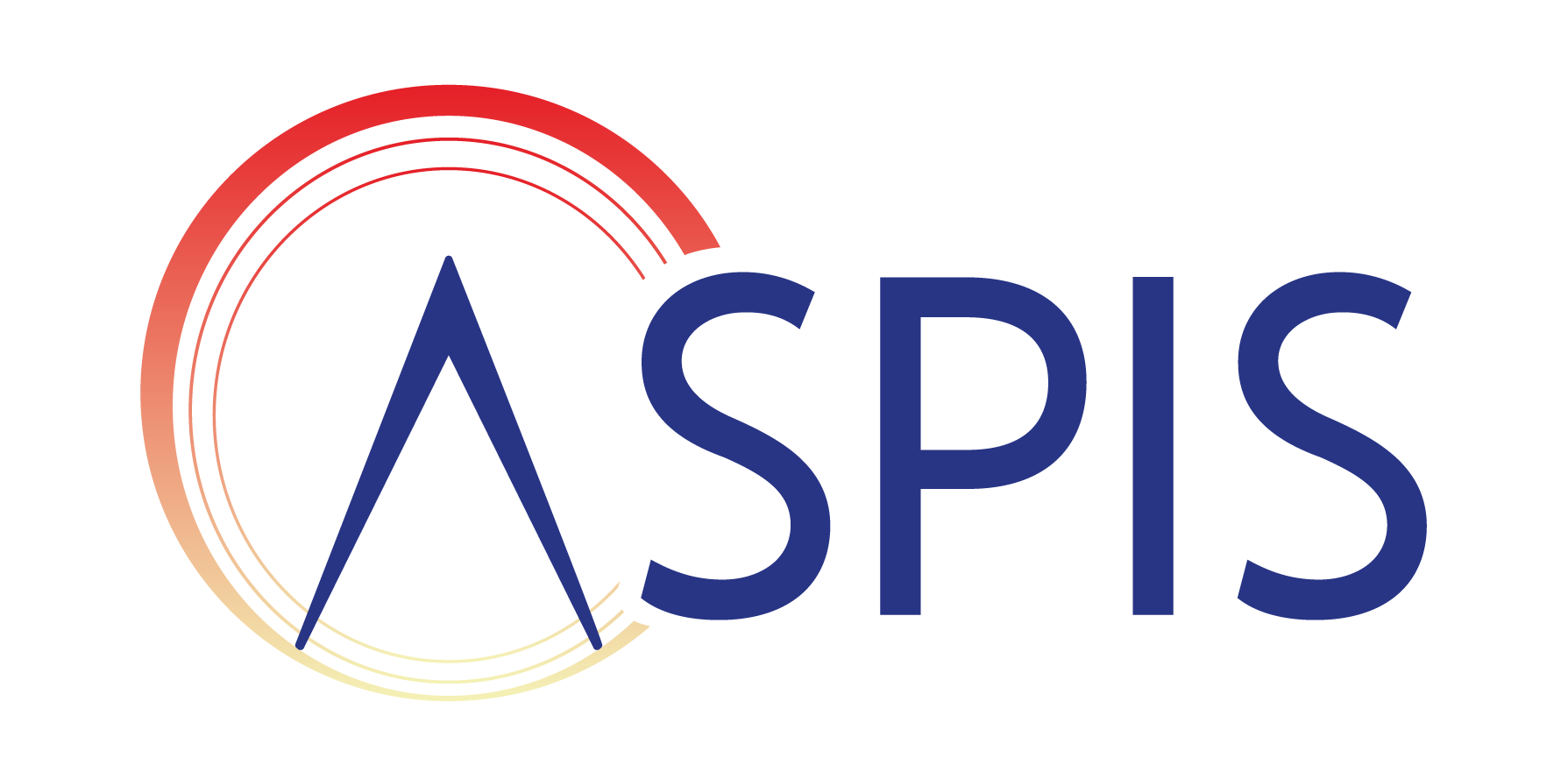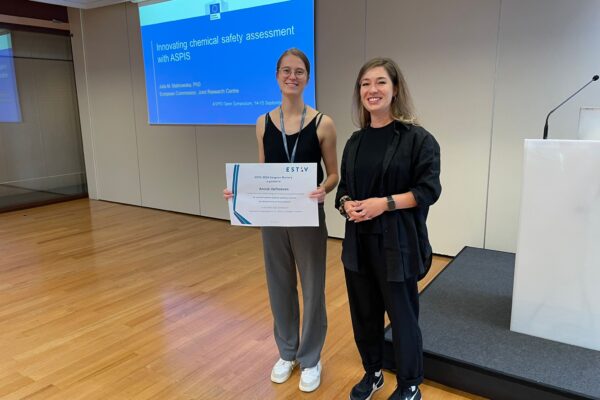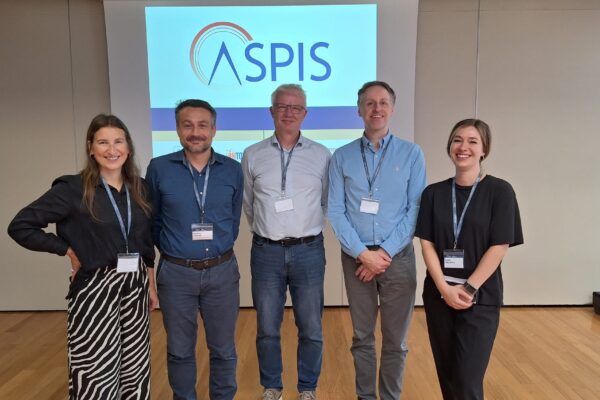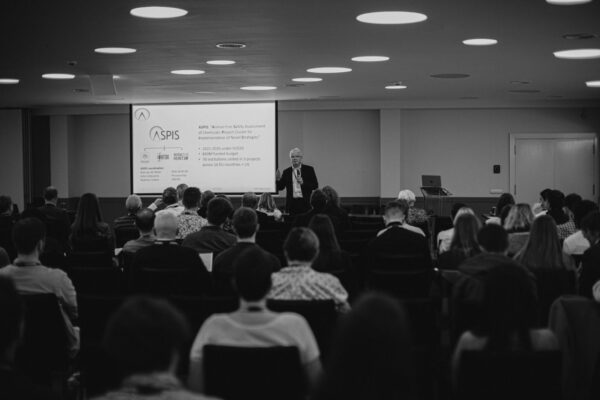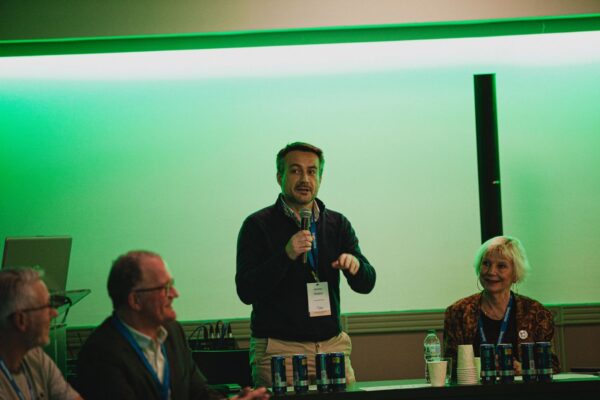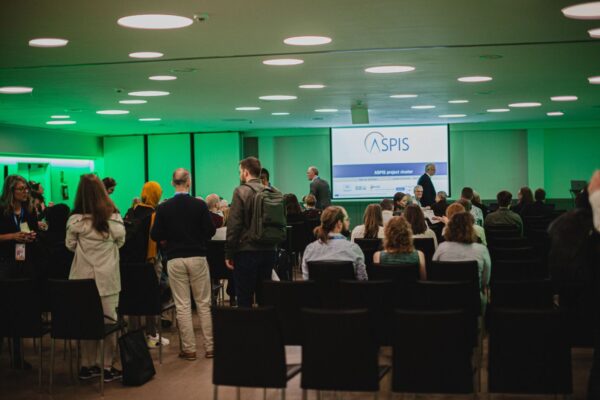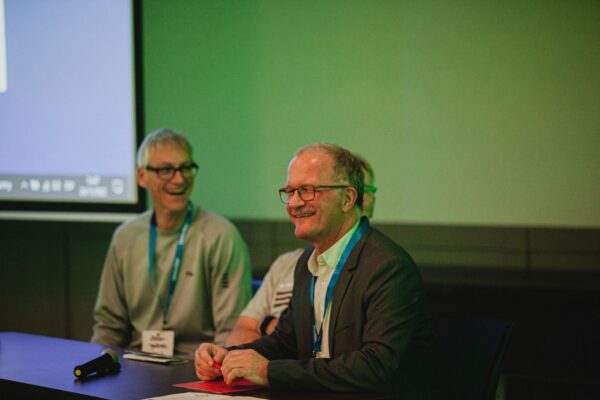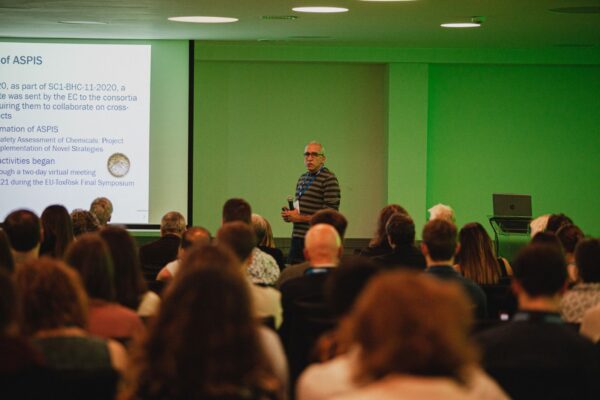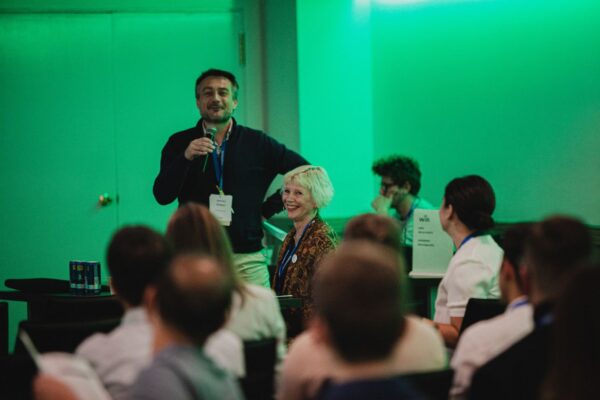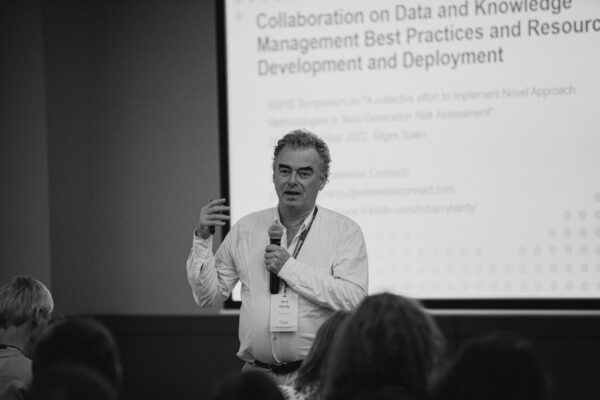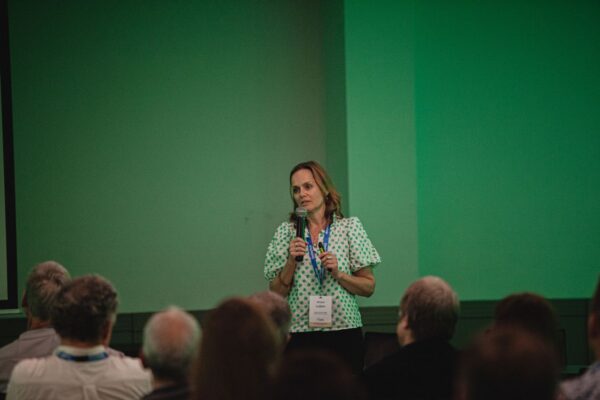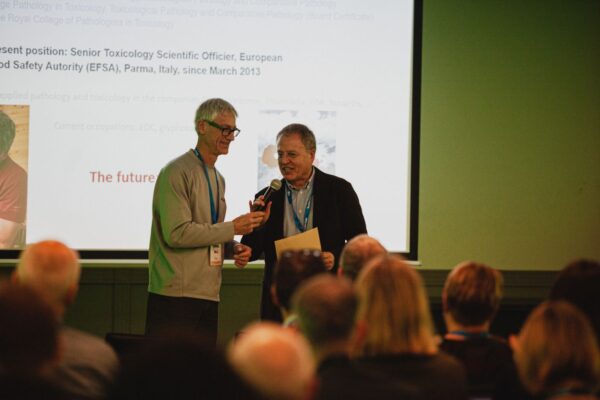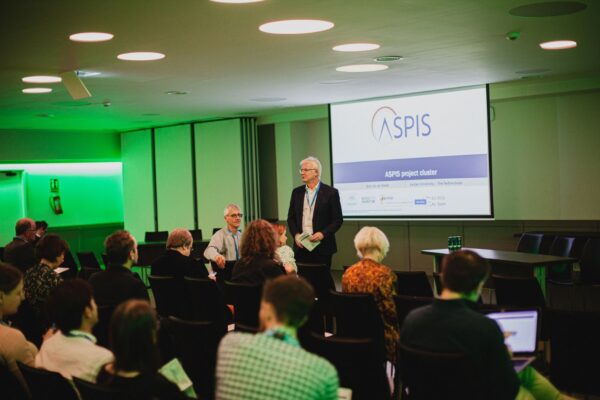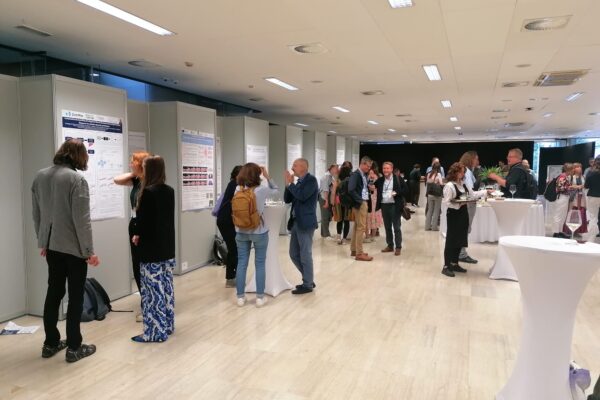The ASPIS cluster is excited to announce the ASPIS Open Symposium 2025, scheduled for 17–18 September in Athens, Greece. This pivotal annual event will convene scientists, regulators, and stakeholders to discuss the latest advancements in animal-free chemical safety assessment, emphasising human health protection.
The Symposium, hosted at the Golden Age Hotel, promises a comprehensive two-day program. Attendees will engage in sessions covering New Approach Methodologies (NAMs), Next-Generation Risk Assessment (NGRA) workflows, regulatory impacts, and sustainability strategies. The event is designed to promote collaboration and exchange insights on transitioning towards ethical and efficient chemical safety assessments without animal testing.
One of the ASPIS Coordinators, Prof. Mathieu Vinken (Vrije Universiteit Brussel), emphasises the Symposium’s significance:
“The ASPIS Open Symposium serves as a unique platform where science and regulation intersect. It highlights our collective progress and encourages collaboration towards a future where chemical safety assessments are more ethical, efficient, and human-relevant.”
A highlight of the Symposium will be the scientific flash presentations, offering Early-Stage Researchers (ESRs) and ASPIS Academy members a stage to present their work in concise and engaging talks. These sessions aim to stimulate dynamic discussions and showcase innovative research approaches.
Additionally, poster sessions will be held, providing an opportunity for scientists to display their research findings. The scientific committee will recognise outstanding contributions with the Best Poster Awards, celebrating excellence in the field.
The ASPIS cluster comprises three Horizon 2020 projects—ONTOX, PrecisionTox, and RISK-HUNT3R—each playing a crucial role in advancing animal-free chemical safety assessment:
- ONTOX develops a generic strategy to create innovative NAMs for predicting systemic repeated-dose toxicity effects. By integrating AI-driven computational systems with biological, toxicological, and kinetic data, ONTOX aims to enable human risk assessment without animal testing.
- PrecisionTox uses a comparative toxicogenomics approach, leveraging evolutionary diversity to identify molecular toxicity pathways. PrecisionTox seeks to predict human health effects and understand susceptibility variations within populations through high-throughput testing across various model species and human cell lines.
- RISK-HUNT3R focuses on developing and implementing integrated, human-centric risk assessment tools. By employing in vitro and in silico NAMs, RISK-HUNT3R aims to assess chemical exposure, toxicokinetics, and toxicodynamics, providing a sustainable framework for NGRA.
Collectively, these projects represent a €60 million investment by the European Union to revolutionise chemical safety testing. The ASPIS cluster’s collaborative efforts contribute directly to the EU’s Chemicals Strategy for Sustainability, supporting the transition towards innovative, non-animal testing methodologies.
Registration for the Symposium is open on a first-come, first-served basis until 1 August 2025 or until the maximum of 150 participants is reached. Researchers interested in presenting posters or flash talks should indicate their interest during registration. Abstract submissions are accepted until 14 August 2025.
Curious about the atmosphere of previous ASPIS Open Symposium editions? Explore the gallery and relive the moments that helped shape the debate on the future of chemical safety.
